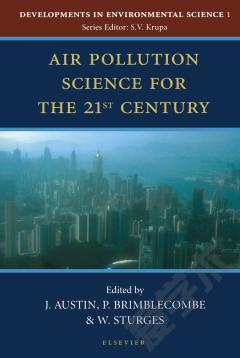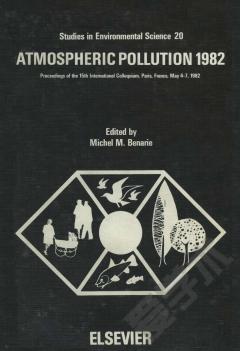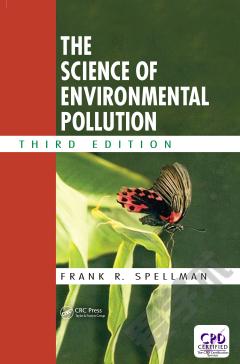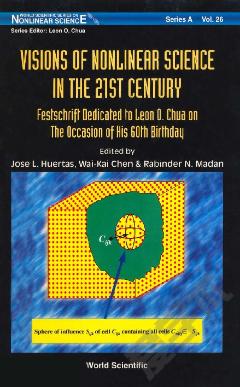Air Pollution Science for the 21st Century
Acid rain, photochemistry, long-range transport of pollutants, greenhouse gas emissions and aerosols have dominated tropospheric air pollution for the last 30 years of the 20th century. At the start of the 21st century, acid rain is subject to planned improvement in Europe and North America, but is still a growing problem in Asia. Tropospheric ozone is understood much better, but the problem is still with us, and desirable levels are difficult to achieve over continental Europe. The heterogeneous chemistry that is responsible for ozone depletion in the stratosphere is now reasonably clear, but there is on-going interest in the sources and sinks of CFC (chlorofluorocarbon) replacements in the troposphere. There is also increasing interest in indoor air quality, and the origin and health implications of atmospheric particles. Perhaps most important on a global perspective, intensive research has not yet determined the relationship between greenhouse gases, aerosols and surface temperature. The climactic implications of these are now more urgent than ever.This book, the first in the Developments in Environmental Science series, consists of a collection of authoritative reviews and essays on the science and application of air pollution research at the start of this new century.
{{comment.content}}








 京公网安备 11010802027623号
京公网安备 11010802027623号